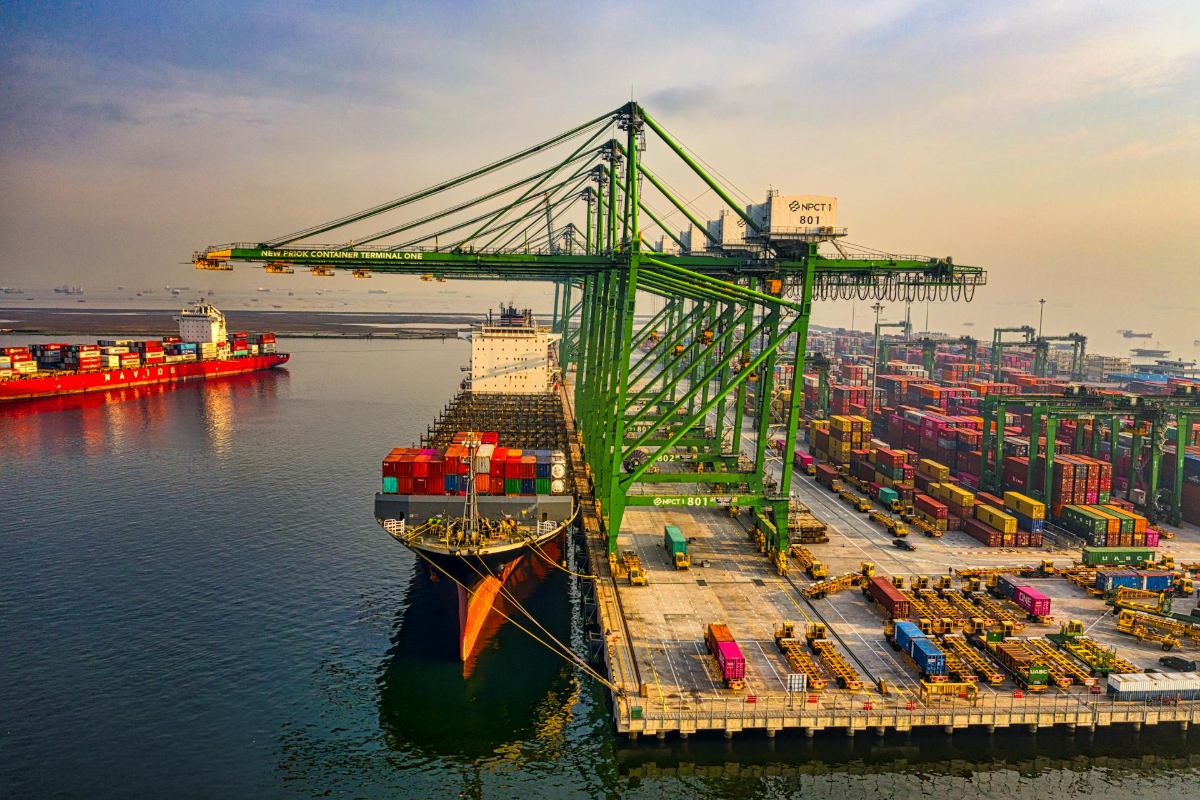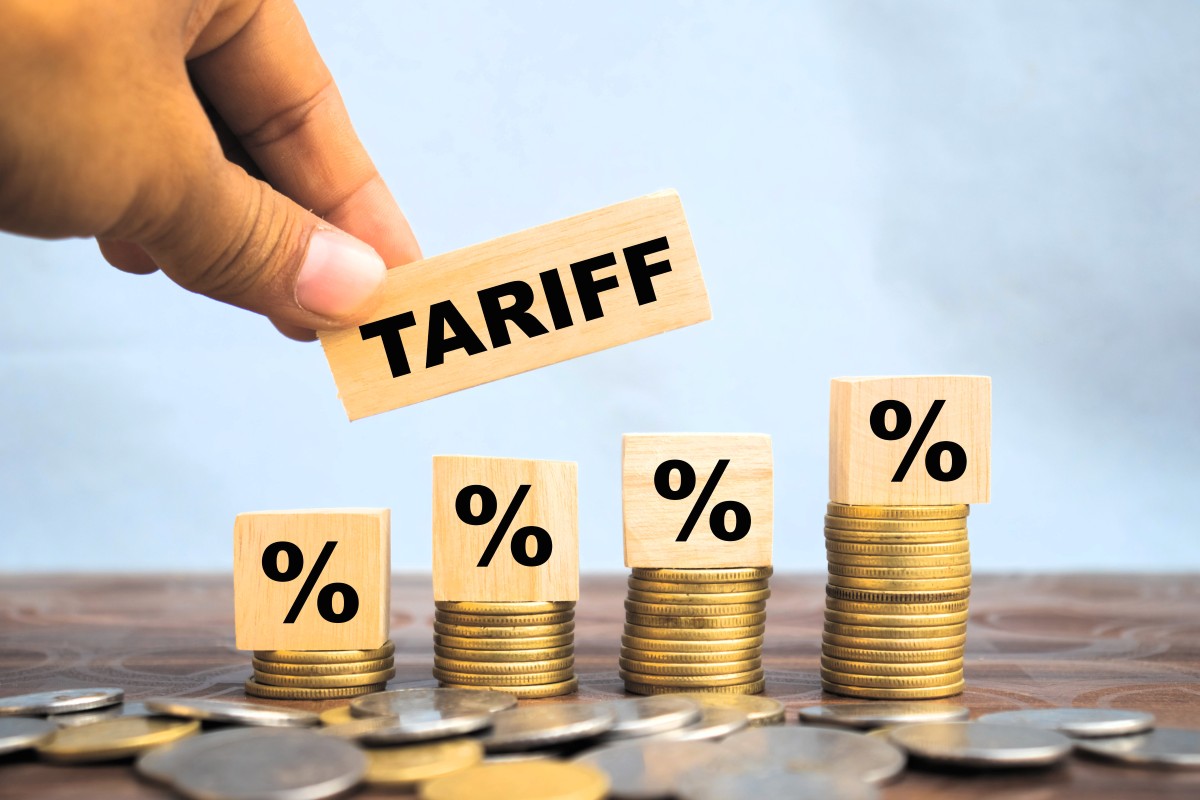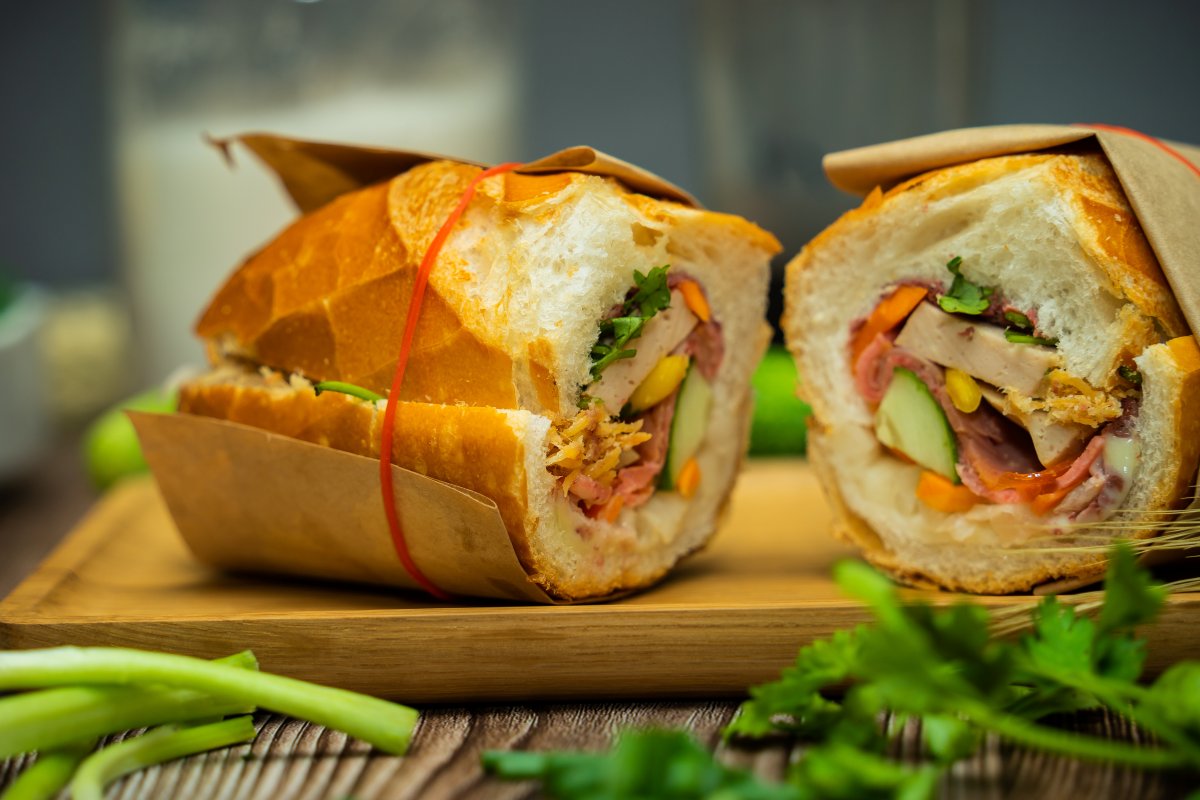Vietnam's exposure: A consequence of success
Why has Vietnam faced such a high tariff rate? RMIT Senior Program Manager of International Business Dr Dang Thao Quyen says, “Ironically, it is partly because of the nation's remarkable economic success and its important role in evolving global supply chains.”
As international firms diversify production, Vietnam has become a key manufacturing hub, fuelling significant trade growth, particularly with the US – its largest export market.
This success continues, with Vietnam strengthening its position as an attractive destination for foreign direct investment (FDI). According to the Foreign Investment Agency under the Ministry of Finance, total registered FDI reached nearly US$10.98 billion in the first quarter of 2025, a 34.7% year-on-year increase, while disbursed capital rose 7.2% to US$4.96 billion.
This success, however, also creates exposure. Following the start of the US-China trade war in 2018, with its remarkable positive trade outcomes with the US market, Vietnam has come under the scrutiny of the US.
Dr Velasquez points out that the Vietnamese government was proactive in addressing US concerns about the trade balance even before the recent tariff announcement.
Efforts included high-level diplomatic engagements and tangible policy actions like unilaterally slashing import duties on key US products just days prior.
“The fact that the sweeping tariffs were still announced despite these gestures highlights that the core issue extends beyond bilateral trade practices, potentially reflecting the deeper, more fundamental geopolitical tensions between the US and China,” Dr Velasquez says.
Strategic options moving forward
The immediate shock has prompted calls for calm and strategic thinking within Vietnam. Current advice from analysts focuses on several key pathways.
Firstly, pursuing dialogue is and will continue to be critical. President Trump himself has indicated potential openness to reducing tariffs in return for "phenomenal" offers, suggesting a window for discussion exists. General Secretary of the Communist Party of Vietnam To Lam held phone talks with President Trump on 4 April, and Vietnam is dispatching high-level delegations to continue these vital conversations.
Secondly, the dialogue must be accompanied by caution against immediate counter-tariffs. Mexico's President Sheinbaum, facing similar pressures, recently stated a belief against an "eye for an eye" approach, emphasising continued dialogue even while implementing necessary domestic measures. This resonates with the wider expert view that escalating trade wars often harm all parties.
Thirdly, enhancing resilience through market diversification, as noted by research co-authored by Dr Quyen and Dr Velasquez, is now more critical than ever. Vietnamese businesses must accelerate efforts to tap into alternative markets, leveraging Vietnam's extensive network of free trade agreements with partners in the EU, Asia-Pacific, and other regions.
Lastly, coordinated stakeholder action – a key success factor also highlighted in research by Dr Quyen and Dr Velasquez – remains essential. Collaboration between government ministries, industry associations, and individual firms is needed for effective negotiation and adaptation support.






